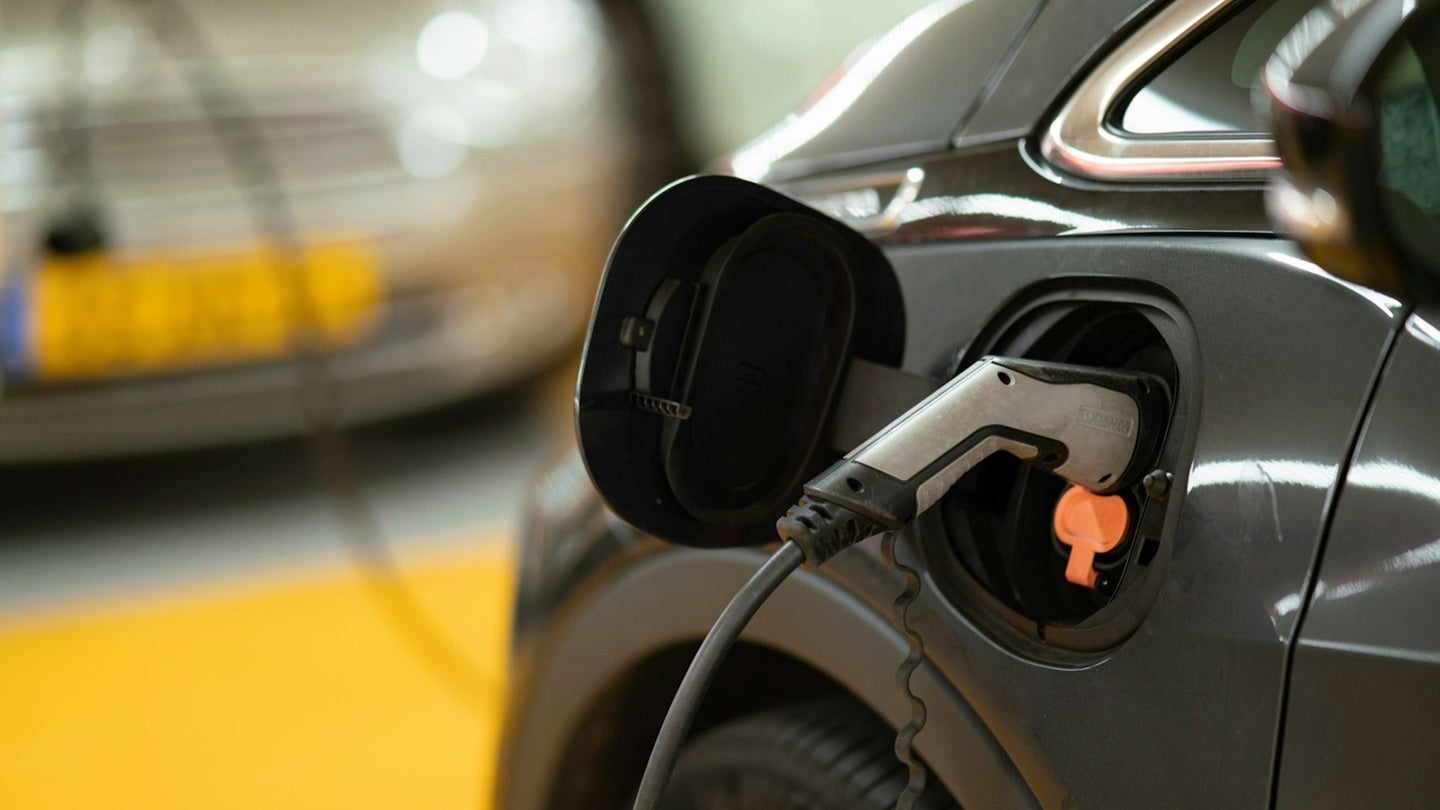
A study by Belgium-based Transport & Environment (T&E) suggests that recycling could significantly cut Europe’s dependence on imported minerals for electric vehicles (EVs) by the end of the decade.
The report highlights the potential for materials from end-of-life batteries and gigafactory scrap to support the construction of up to 2.4 million EVs within Europe by 2030.
However, T&E warns that the European Union (EU) and the UK risk missing out on this opportunity unless they secure recycling projects currently at risk of cancellation.
The research indicates that recycled materials could provide 14% of the lithium, 16% of the nickel, 17% of the manganese, and 25% of the cobalt required for the European EV market in 2030.
This study further projects that Europe could approach self-sufficiency in cobalt for EVs by 2040 if recycling rates increase significantly.
Additionally, the recycling of EV minerals in Europe could potentially eliminate the need for 12 new global mines by 2040, thereby reducing environmental impacts on water, soil, and biodiversity.
Access the most comprehensive Company Profiles
on the market, powered by GlobalData. Save hours of research. Gain competitive edge.

Company Profile – free
sample
Thank you!
Your download email will arrive shortly
We are confident about the
unique
quality of our Company Profiles. However, we want you to make the most
beneficial
decision for your business, so we offer a free sample that you can download by
submitting the below form
By GlobalData
Recycling could also reduce the carbon footprint of lithium sourcing by nearly 19% compared to current methods involving extraction in Australia and refining in China, due to Europe’s cleaner electricity grid.
However, the report notes that nearly half of the announced recycling capacity in Europe is either on hold or uncertain.
T&E has urged the EU and the UK to urgently prioritise recycling support through policies and funding programmes.
The forthcoming Circular Economy Act proposal from the EU is expected to bolster local recycling facilities, restrict battery waste exports, and simplify the shipment of end-of-life battery materials across Europe.
T&E senior director for vehicles and e-mobility supply chains Julia Poliscanova said: “If Europe delivers on its recycling plans, it can slash its reliance on imported critical metals. The expected volumes of locally recovered materials can enable Europe to build millions of clean electric vehicles locally.”

